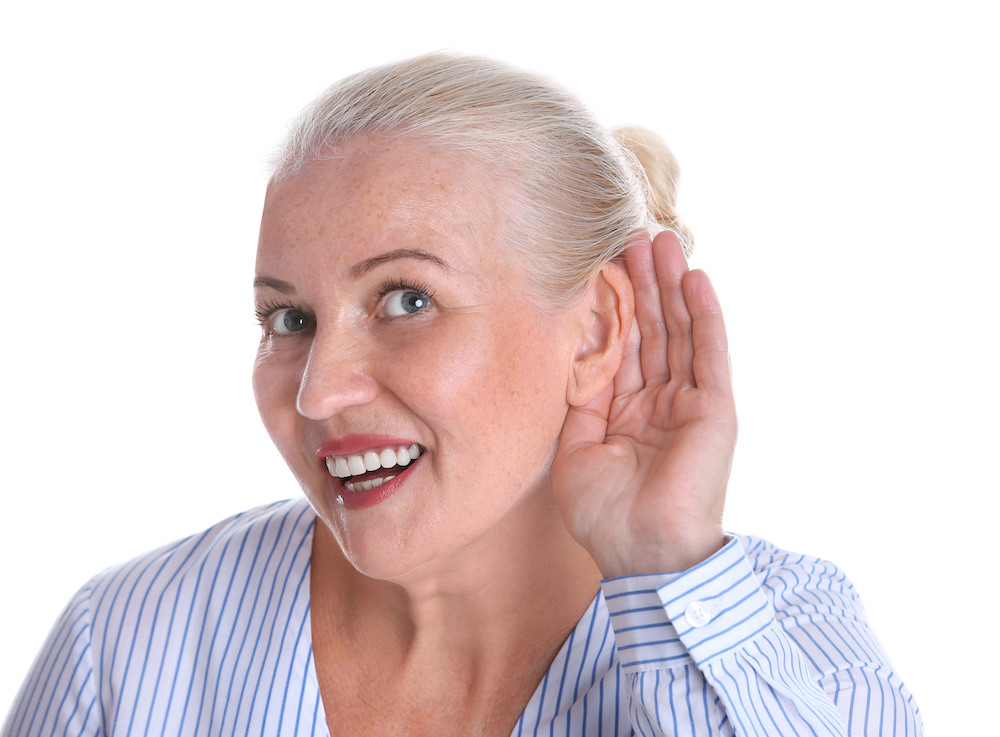5 Tips for Better Hearing While Traveling
Our sense of hearing is more important than ever while traveling. From


Our sense of hearing is more important than ever while traveling. From

Did you know that one in five Americans experience hearing loss?

Heat and humidity can wreak havoc on our bodies in a number of ways